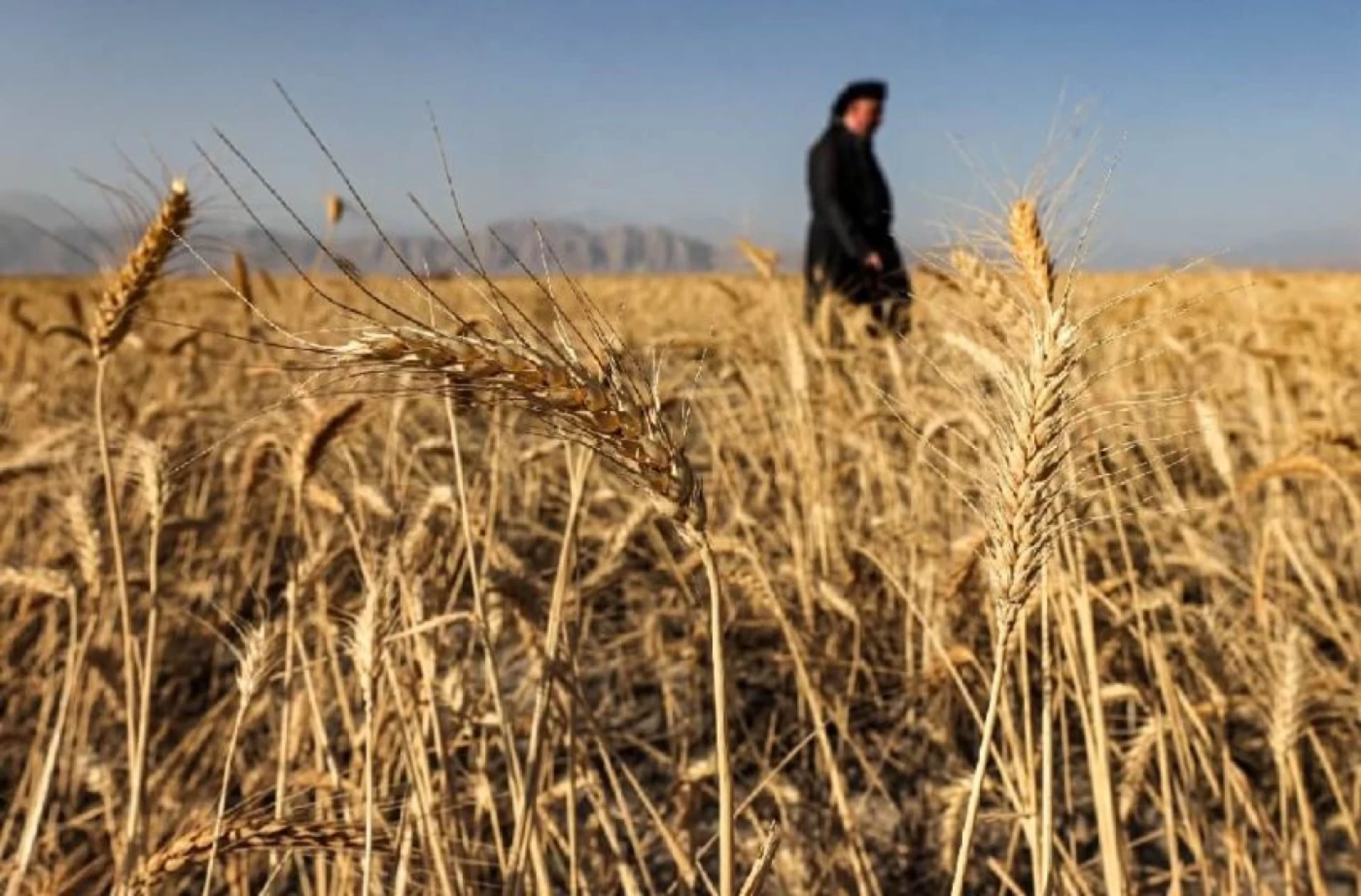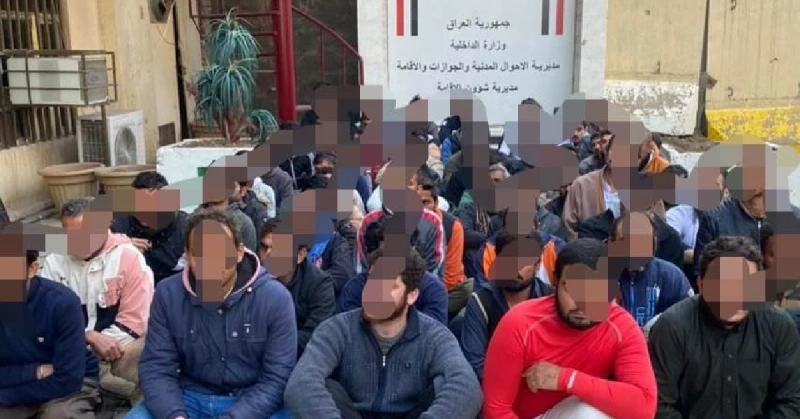ERBIL, Kurdistan Region of Iraq – Iraq’s agriculture and trade ministries on Thursday said they have halved the winter agriculture plan and delayed exports of surplus wheat amid an ongoing water shortage crisis in the country, with a “precise plan” in place for optimal water usage.
“The current plan is 50 percent less than the 2024 plan, which included planting two million dunams with wheat and barley crops, as a result of the continued poor water situation for the fifth year in a row,” Mohammed Jassim, head of crop production at the agriculture ministry, told the state-owned al-Sabah newspaper.
Iraq has been gripped by a crippling water crisis, with mismanagement and reduced releases from upstream countries exacerbating the issue. The country’s southern provinces are particularly facing high water stress, as reserves in the country’s dams continue to plummet.
Jassim explained that the agriculture ministry is seeking to modernize irrigation systems in the country "to reduce water waste and ensure the success of the agricultural season” despite the challenges.
“The success of the winter plan and the achievement of its specified goals hinges on the continuation of water releases at the required level,” he added.
As a result of the water crisis, the trade ministry announced that it was delaying requests from several countries, including neighboring Iran, to import Iraqi wheat.
“A meeting was held with the Iranian side to study the import request, but the ministry preferred us to wait for now due to the scarcity of water, as the export decision is linked to a parallel decision to expand the areas planted with wheat, which is difficult under current water conditions,” said Haider al-Karawi, head of the ministry’s General Company for Grain Trade.
However, Karawi stressed that Iraq remains self-sufficient in wheat and “currently has strategic reserves sufficient until the beginning of 2027.”
Baghdad and Ankara on Sunday signed a memorandum of understanding (MoU) to regulate shared water resources. The agreement also includes water desalination and treatment projects, according to Iraqi Foreign Minister Fuad Hussein.
Iraqi authorities routinely blame upstream Turkey for withholding water releases. Around 90 percent of Iraq’s water sources originate from Turkey.
The Green Iraq Observatory, an environmental organization, warned in September that Turkey’s dam network has drastically reduced Iraq’s water inflows, intensifying an already severe crisis. Turkey has built about 20 dams over four decades, holding roughly 80 billion cubic meters of water, eight times the capacity of Iraq’s Mosul Dam.
The observatory’s report was followed less than a month later by a statement from the Iraqi agricultural ministry, saying that the country’s water reserves have dropped to dangerous levels. The ministry warned that rationing had become essential to protect water security.



 Facebook
Facebook
 LinkedIn
LinkedIn
 Telegram
Telegram
 X
X


